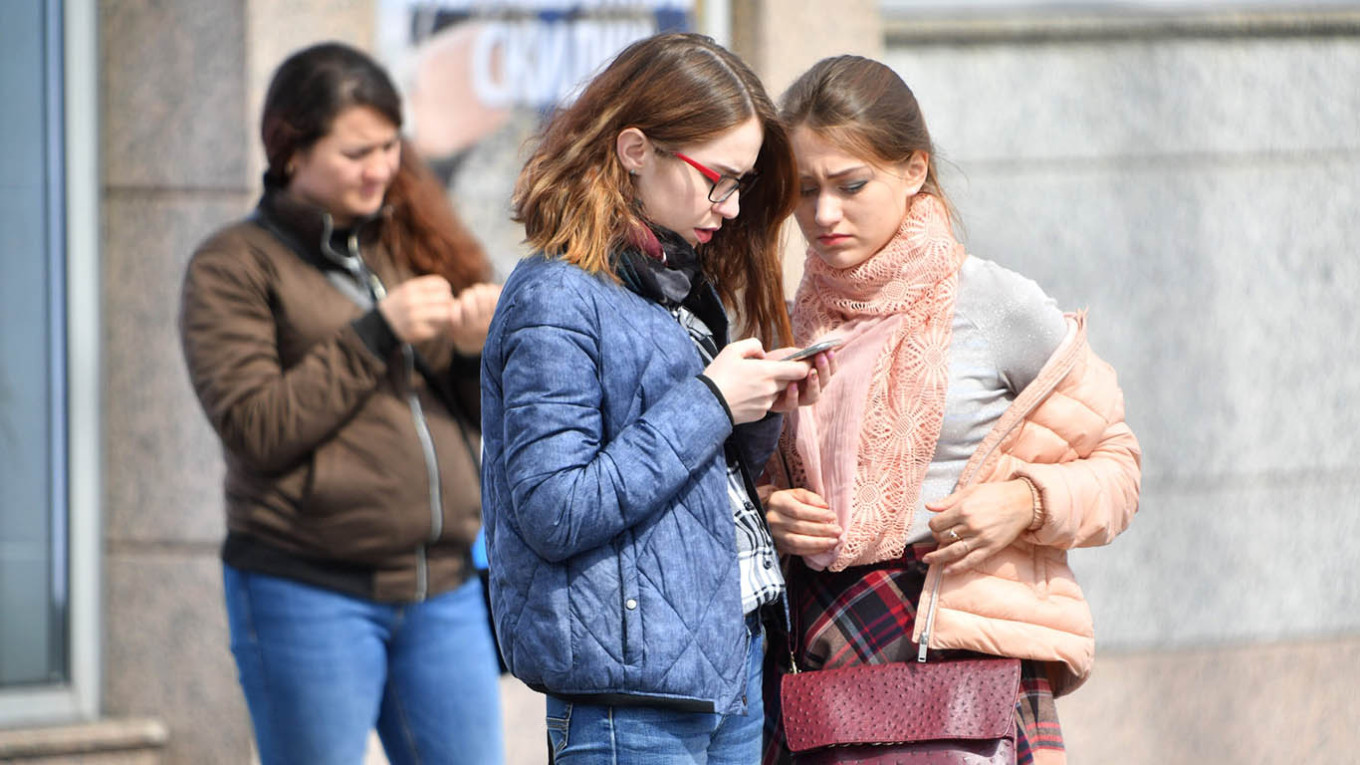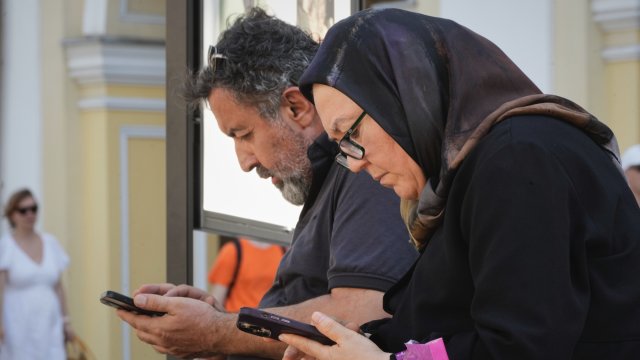Mobile internet access will be restricted in parts of the central Ulyanovsk region for the duration of Russia’s so-called “special military operation” in Ukraine, regional authorities said Tuesday, marking the first permanent internet blackout in the country.
The outage, which began in early November, was ordered by federal authorities and applies to areas near sensitive government and military facilities, according to regional media. The Kremlin has not publicly commented on the permanent mobile internet blackout.
The Ulyanovsk region’s internet restrictions also cover some residential areas, offices and public buildings, but the exact area impacted has reportedly not been made publicly available for security reasons.
“The decision was made to expand security zones around certain sites. The restrictions are permanent until federal authorities decide otherwise,” the Ulyanovsk region’s Minister of Digital Development Oleg Yagfarov told reporters.
Local officials said they do not have the authority to lift the restrictions or require mobile operators to refund customers for service disruptions.
Residents of the Ulyanovsk region have reported that even some platforms on a so-called “white list” of approved services were not working, according to the investigative news outlet IStories.
The white list includes government services provider Gosuslugi, Russian tech platform Yandex, social networks Vkontakte and Odnoklassniki, online marketplaces Ozon and Wildberries, as well as the Mir payment system.
Regional authorities said they expect Russia’s Ministry of Digital Development to launch the white list “any day now” and are working with providers to restore services, including banking apps, school electronic diaries and websites for local pharmacies.
Authorities encouraged residents to use wired internet connections, noting that more than 450 free WiFi points are available in the region and providers have increased staffing to handle new installations.
Regular internet outages across Russia began in early May amid an uptick in Ukrainian drone attacks and have expanded across a vast majority of regions, including those in Siberia and the Far East. Authorities say the restrictions are a way to foil drone strikes.
A Message from The Moscow Times:
Dear readers,
We are facing unprecedented challenges. Russia's Prosecutor General's Office has designated The Moscow Times as an "undesirable" organization, criminalizing our work and putting our staff at risk of prosecution. This follows our earlier unjust labeling as a "foreign agent."
These actions are direct attempts to silence independent journalism in Russia. The authorities claim our work "discredits the decisions of the Russian leadership." We see things differently: we strive to provide accurate, unbiased reporting on Russia.
We, the journalists of The Moscow Times, refuse to be silenced. But to continue our work, we need your help.
Your support, no matter how small, makes a world of difference. If you can, please support us monthly starting from just $2. It's quick to set up, and every contribution makes a significant impact.
By supporting The Moscow Times, you're defending open, independent journalism in the face of repression. Thank you for standing with us.
Remind me later.






